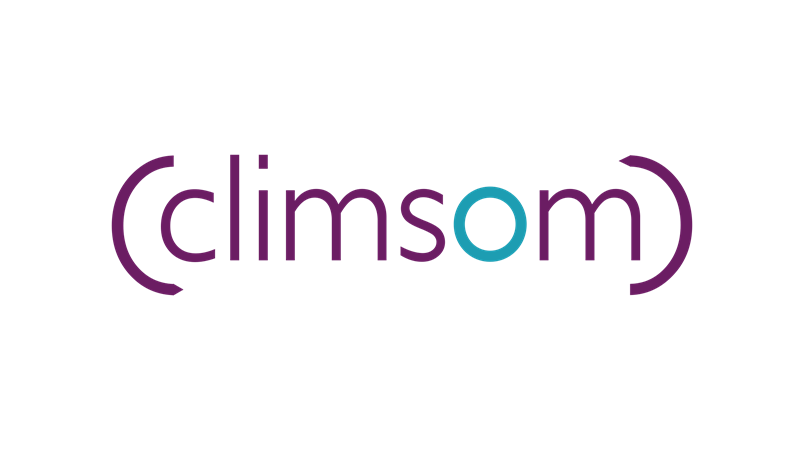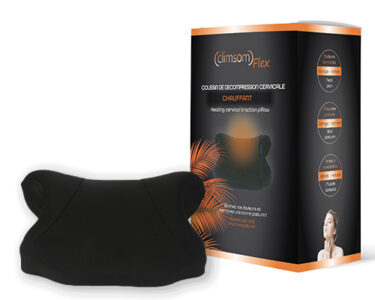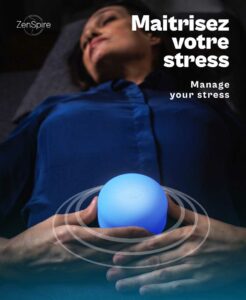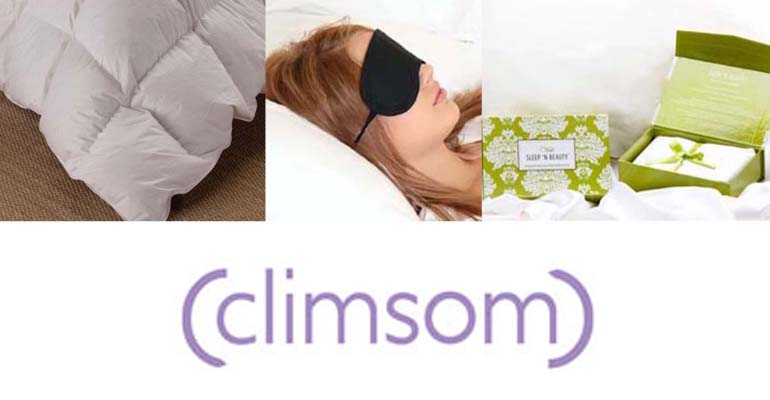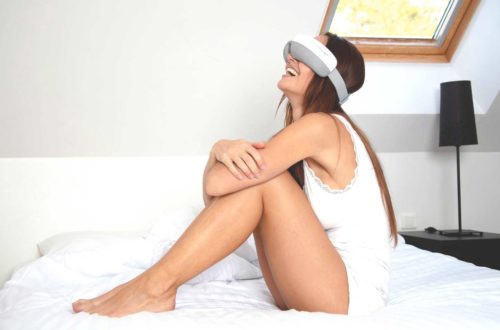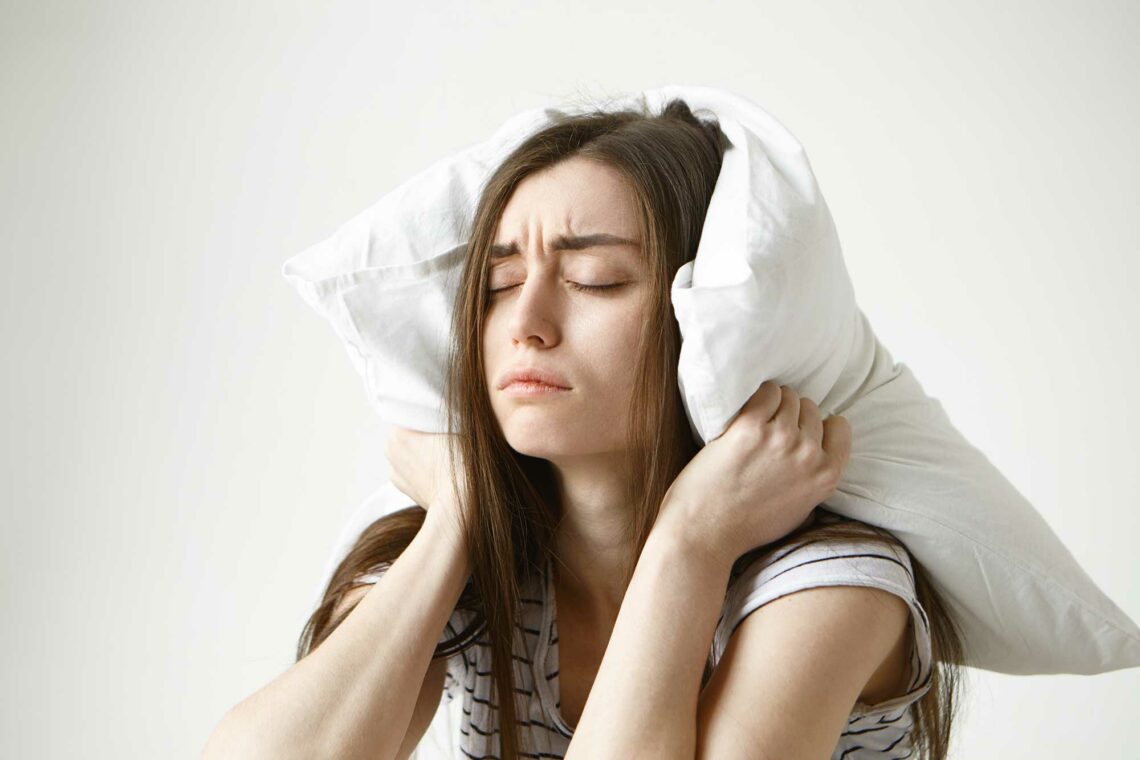
What to do about tinnitus? Your cervical spine might hold the key.
Buzzing in the ears, crackling, ringing in the ears… You may have tried many things to reduce these familiar noises known as tinnitus.
What if your neck was the culprit?
Muscle tension and cervical spine disorders can cause tinnitus or exacerbate existing symptoms. This is known as somatosensory tinnitus or cervical tinnitus. Understanding the link between neck problems and tinnitus can therefore be one of the keys to relief.
How can neck problems cause tinnitus?
Neck problems can affect the inner ear in two ways:
1/ The auditory nerve, responsible for sending electrical signals to the brain to be translated into sound, is closely linked to the nerves of the neck. If the neck nerves are compressed or stressed, the auditory nerve may be affected and cause tinnitus.
2/ Neck problems can reduce blood flow to the inner ear. However, blood flow provides oxygen and nutrients necessary for its proper functioning. Tinnitus is one of the dysfunctions of the inner ear.
Muscle tension and tinnitus: what you need to know
Cervical muscle tension manifests as daily neck pain and stiffness. The cause often lies in lifestyle or habits.
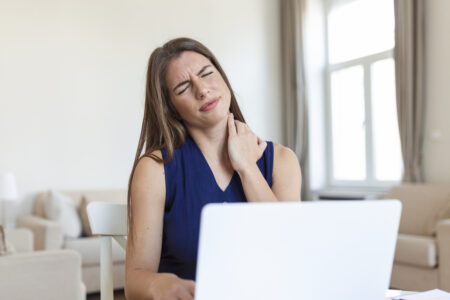
Thus, stress or prolonged and repeated poor postures can cause muscle tension, vertebral compression, and neuralgia, which in turn can lead to tinnitus.
A study found that some tinnitus patients experienced partial relief of their symptoms after receiving treatments aimed at relieving muscle tension. (1)
Encouraging results were reinforced by another study on patients with pulsatile tinnitus who reported a reduction in symptoms after receiving muscle relaxation treatments. (2)
Stress and tinnitus: what you need to know
Several studies have shown a correlation between stress and tinnitus. (3) (4) (5) It appears that stress worsens the perception of tinnitus. But the reverse is also true: tinnitus causes stress. This creates a vicious circle that makes managing the symptoms more difficult.
Moreover, stress activates the sympathetic nervous system, which can lead to increased muscle tension, including in the muscles of the ear and jaw, and impact the perception of tinnitus.
Finally, stress related to tinnitus can also disrupt sleep, leading to anxiety, irritability, and impairing overall quality of life.
What natural remedies can help relieve tinnitus?
Addressing relief for your neck and reducing stress may be a way to reduce ear buzzing and other disruptive noises that affect your daily life.
The solutions we offer will help you:
– reduce muscle tension, vertebral compression, and neuralgia by targeting the neck area while correcting posture. The link between tinnitus and poor posture has also been the subject of studies. (6) (7)
– relax to reduce stress and anxiety.
1. The Climsom Flex cervical decompression cushion
Regularly repeated poor posture can lead to muscle tension and neuralgia in the neck and back, with sometimes radiating pain.
The Climsom Flex cervical decompression cushion helps relieve accumulated tensions while correcting posture. It acts not only on the consequence but also on the cause of pain. Tested and recommended by François Stévignon, a physiotherapist with over 30 years of experience, certified in osteopathy and vertebral therapy, and author of the method En finir avec le mal de dos [Ending Back Pain], this cushion helps restore the natural curve of your cervical spine safely.
By releasing the discs, cervical decompression also frees the nerves (where pain is transmitted), which helps relieve neuralgia… and one of its possible manifestations: tinnitus.
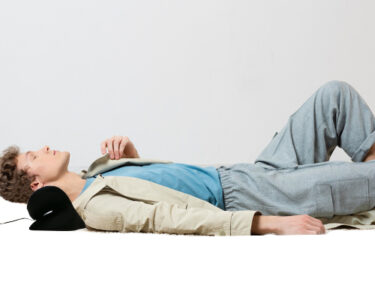
All it takes is to lie down on this curved cushion for 10 minutes a day to experience the benefits of cervical traction. Equipped with a heating cover, this cushion reduces vertebral pressure on the cervical spine, decompresses the discs, and actively helps relieve muscle tension thanks to the distributed warmth.
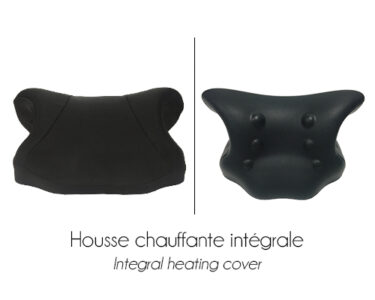
It is important to note here that relaxation is key for effective stretching, and that’s what this cushion provides with the application of localized heat on your neck. Beyond the relaxing sensation, the heat also helps to boost blood circulation, nourishing the neck with oxygen and nutrients.
2. The Zenspire Heart Coherence Guide
Stress increases physical and psychological tensions that can lead to cervical pain. Conversely, chronic neck pain increases stress.
Since stress and muscle tension are causes of tinnitus, Zenspire helps alleviate this vicious circle by acting on our physical and psychological state.
But what exactly is Zenspire?
This small handheld device helps you breathe at the right pace, the one that allows your body to regulate your stress and anxiety. And the right pace is that of heart coherence: this breathing technique acts on our heart rate to send calming signals to our brain.
Inhale for 5 seconds, exhale for 5 seconds, making six breaths per minute for 5 minutes.
Repeat this process 3 times a day to experience the numerous benefits of the practice:
- Aid in letting go
- Reduces cortisol (stress hormone)
- Increases energy and resilience
- Improves emotional balance
- Increases intellectual and creative abilities
- Reduction in symptoms of pain and anxiety
- Lowers blood pressure
- Increases DHEA (youth hormone)
- Better weight management
Of course, you can mentally count to maintain the rhythm, but in practice, this mental counting prevents you from freeing your mind to fully focus on your breathing. And when starting out, it’s easy to lose track of this count.
With Zenspire, you just need to let yourself be guided by the sound, light, or vibration.
Coupled with the cervical decompression cushion, practicing heart coherence with Zenspire will help you enhance your relaxation and release tension. This state of deep relaxation will further increase the effectiveness of cervical traction… and vice versa. Say goodbye to your tinnitus. As a bonus, you have the possibility of combining two sessions in one, for optimized time management and a boost of energy.
What is tinnitus?
Symptoms
Tinnitus is an internal sound perceived in the ears that can vary greatly from person to person: ringing, whistling, buzzing, purring, grinding, or humming… It can be very loud or very faint, constant or intermittent, fairly sharp or rather dull. Some individuals may experience tinnitus upon waking up, while for others, it occurs at bedtime.
Pulsatile tinnitus is different: the sounds heard follow the rhythm of the heartbeat. They usually affect only one ear. Pulsatile tinnitus can disappear on its own.
Causes
The most common causes of tinnitus are aging (presbycusis, age-related hearing loss) and overexposure to noise. But many other factors can also contribute to tinnitus, such as a medical condition, high stress levels, earwax buildup, vascular issues, vitamin B12 deficiency…
(1) Levine and Abel study, 1992. Muscle contractions and auditory perception in tinnitus patients and nonclinical subjects.
(2) Shulman et al. study, 2002. Brain pulsatility and pulsatile tinnitus: clinical types.
(3) De Ridder et al. study, 2006. The use of flupirtine in treatment of tinnitus. The results suggest that emotional stress may play an important role in the perception of tinnitus.
(4) Andersson et al. study, 2002. Randomized controlled trial of internet-based cognitive behavior therapy for distress associated with tinnitus. The results suggest that a higher level of stress and anxiety may be associated with more severe tinnitus.
(5) Halford and Anderson study, 1991. Anxiety and depression in tinnitus sufferers. The results suggest that acute stress may temporarily exacerbate tinnitus.
(6) Cho et al. study, 2013. Evaluation of anxiety and depressive levels in tinnitus patients. The results suggest that individuals with postural problems are more likely to report severe tinnitus.
(7) Michiels et al. study, 2015. Cervical spine dysfunctions in patients with chronic subjective tinnitus. Researchers found that certain changes in posture, such as tilting the head forward or backward, can influence the intensity of tinnitus in patients with Ménière’s disease, an inner ear disorder that can lead to tinnitus.


